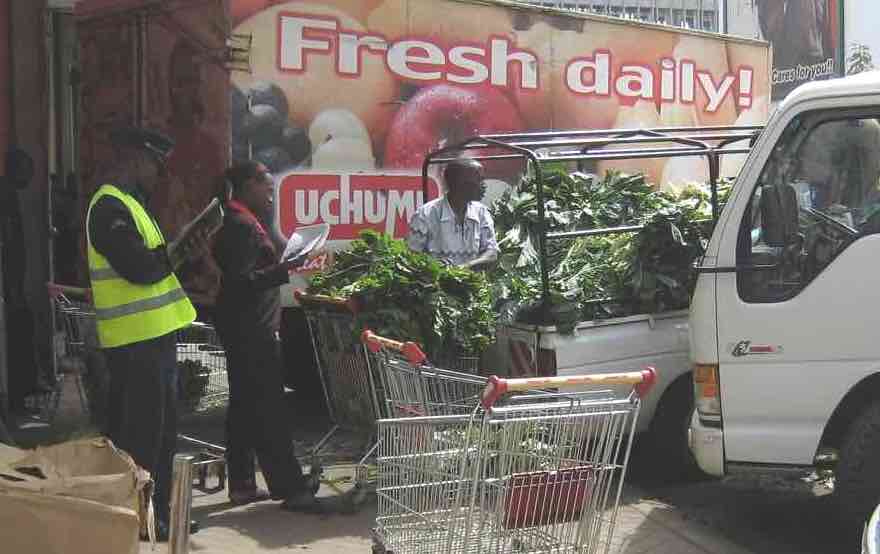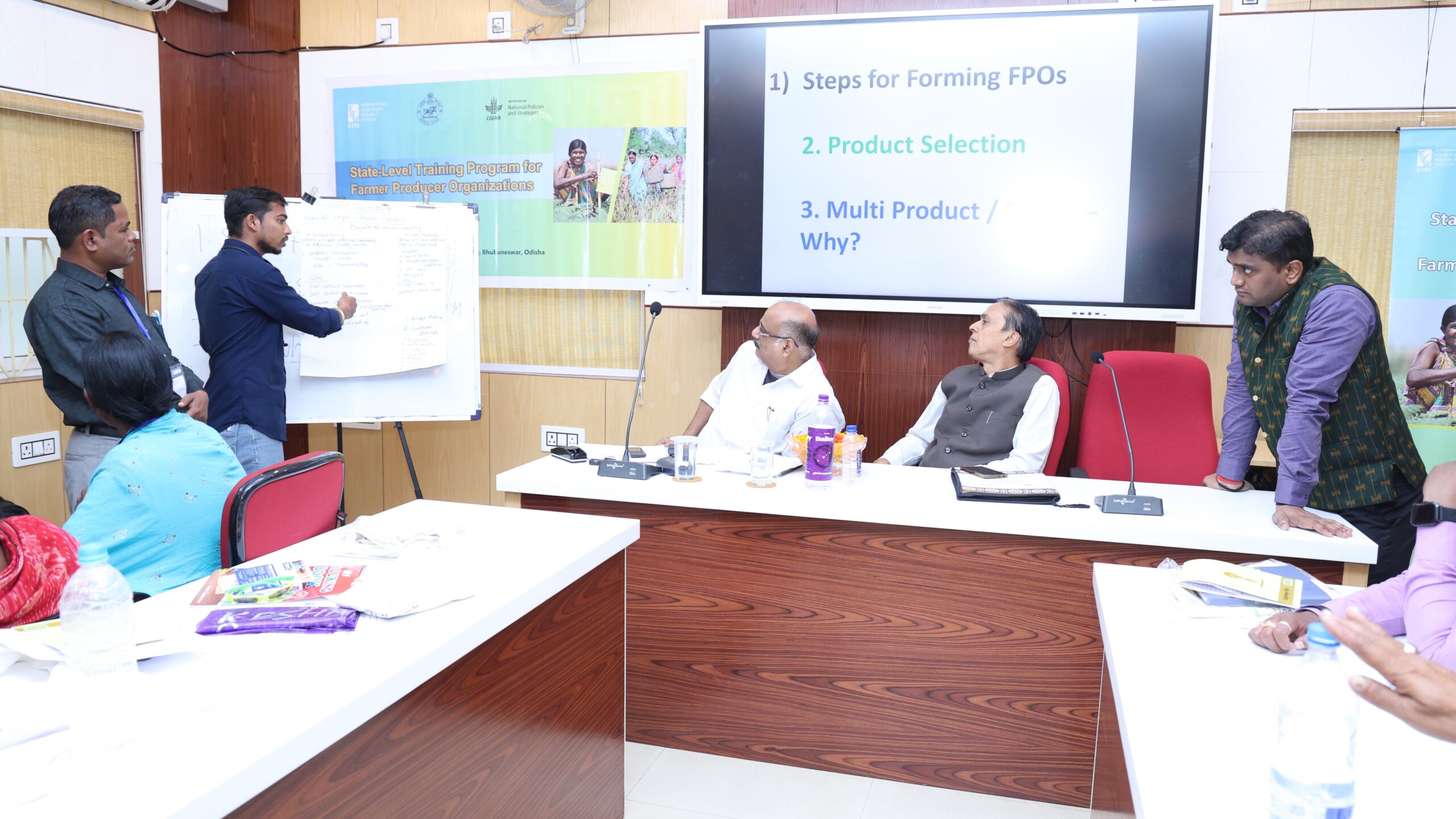As food systems in developing countries change rapidly, one important trend is the growing role of modern supermarkets in urban food retailing, with far-reaching implications for food marketing and human health. Supermarkets have complex impacts on food systems: They potentially compete with small-scale vendors in informal markets, while also boosting prospects for local farmers. Going forward, policy makers need a full understanding of the impacts of supermarkets on different players in food supply chains.
For farmers, the certainty that comes with a supermarket contract is beneficial because it can reduce their exposure to market risk and help them to overcome credit constraints. For example, if a farmer knows that a certain amount of their produce will be purchased at an agreed price, they can make longer-term decisions about investment and credit. However, because companies often prefer contracting medium- and larger-sized farms that can consistently supply higher volumes, some smallholder farmers may not be able to participate successfully in supermarket contract schemes.
To investigate the impacts of supermarkets on small farmers further, our recent research, published in Food Policy, looked at the impact that a multi-year supermarket contract had on multiple dimensions of smallholder livelihoods in Kenya.
Existing literature largely focuses on the impact of such contracts on household income. While this is important, it does not fully reflect the effects on a range of basic needs such as food, shelter, sanitation, and education. In our research, we looked at three dimensions of poverty: Education, health and living standards. We also sought to understand how the magnitude of the impact differed across income levels.
Our findings—based on three rounds of panel data collected from small vegetable farmers in Kenya—suggest that supermarket contracts contribute to sizeable income gains in the small farm sector by around 40% per household on average. The gains are primarily due to the higher prices supermarkets typically pay over those of vegetable buyers in traditional markets. After controlling for other factors, having a supermarket contract reduces the likelihood of being income-poor by 11 percentage points. The sizeable gains in smallholder income and economic welfare through supermarket contracts are consistent with previous research in Kenya and other developing countries.
Beyond income, our results also show that supermarkets contribute to a reduction in multidimensional poverty in the small farm sector. Having a supermarket contract reduces the likelihood of being multidimensionally poor by 17 percentage points—the main source of the change being increased household income. Depending on how it is spent, a rise in income alone is not a sufficient condition for reducing multidimensional poverty; but our results suggest that here it is indeed spent on satisfying basic needs.
We also find significant income gains from supermarket contracts across income groups, but the absolute income gains are larger for the higher-income segments because richer farmers tend to have larger farms, greater investment in productivity-increasing technologies, and sell larger quantities of vegetables to supermarkets—and thus are able to negotiate for better prices. Higher quantities sold also lower their per unit marketing cost, increasing profits. However, in terms of reducing deprivations in basic needs, the effects of supermarkets are larger for the poorest households.
Based on these findings, we conclude that the growing role of supermarkets in developing countries and the contracting of smallholders can contribute to reducing poverty and improving well-being. Because not all smallholders can access supermarket contracts (due to high transaction costs and financial and human capital constraints, among other factors), their participation may require policy support. In addition, high-value supply chains may also create new types of jobs in farming, post-harvest handling and fresh food processing for marginalized smallholder farmers who cannot supply supermarkets. Policy makers should monitor and support these developments to foster a process of equitable rural food system transformation.
Dennis O. Ochieng is a Research Fellow with IFPRI’s Development Strategy and Governance Division, based in Lilongwe, Malawi. Emily Wu is a former IFPRI Communications Intern.
Funding for this work was provided by the German Research Foundation (DFG).







